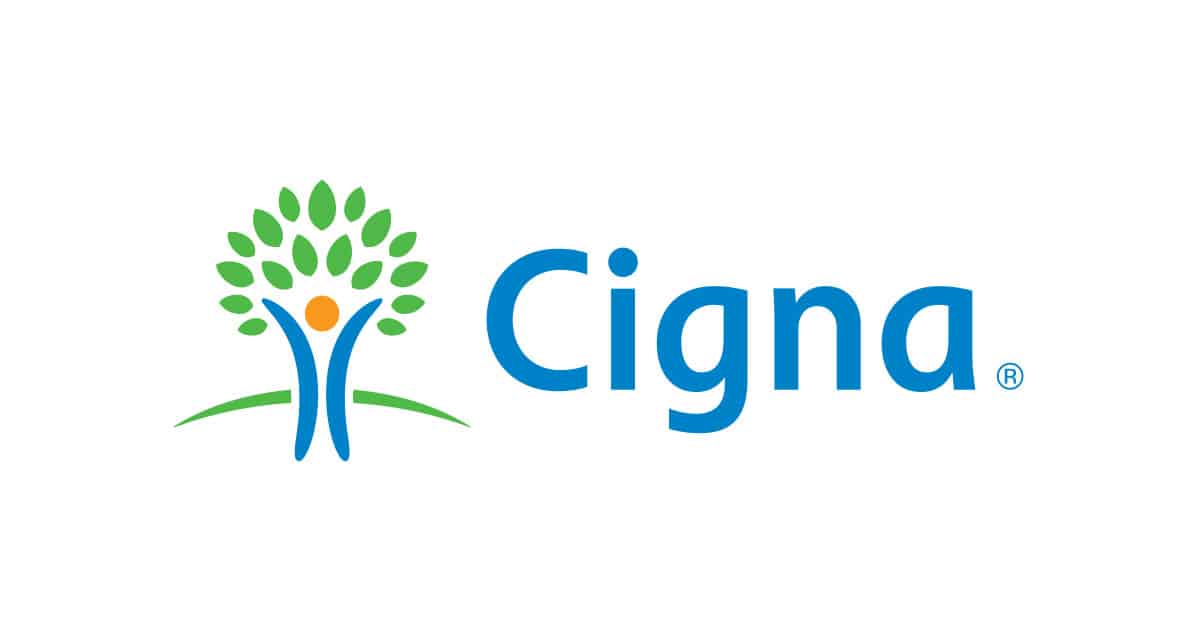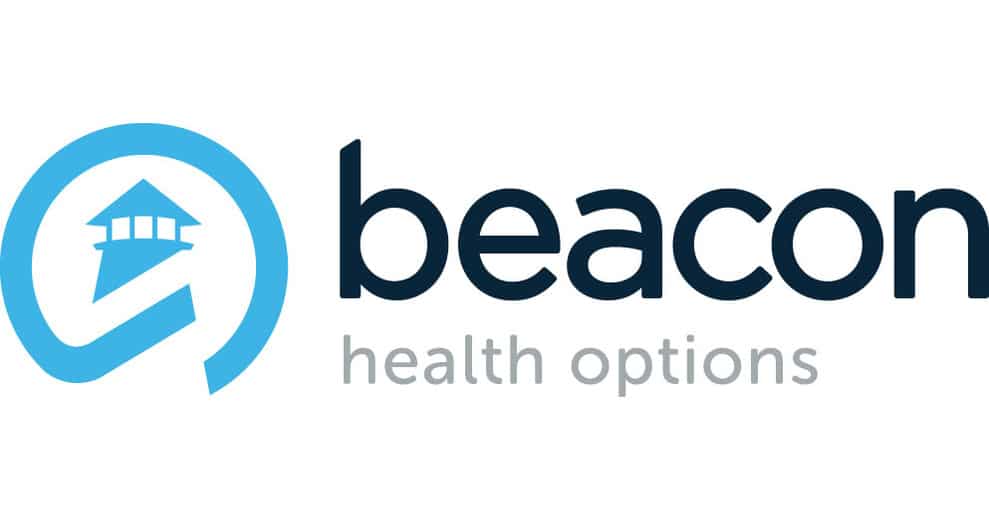Table of Contents
What is Individual Therapy?
Individual therapy, often referred to as psychotherapy, one-on-one or talk therapy, is a personalized form of mental health treatment tailored to an individual’s unique needs. This method involves setting therapeutic goals, delving into one’s past, and acquiring strategies to manage symptoms or triggers, ultimately guiding the individual towards a healthier life. Typically conducted in a private setting with a single client and a qualified mental health provider such as a therapist, psychologist, social worker, or counselor, there can be instances where another person is included, but only when pertinent to the treatment plan and goals.
In 2021, over 41.7 million US adults sought therapy, making individual therapy one of the most sought-after approaches. The sessions focus on helping clients establish and navigate goals related to specific challenges, be it mental illness, stress, loss, dependency, or addressing unwanted thoughts and behaviors. As a cornerstone of psychotherapy, individual therapy has proven effective in treating a wide range of emotional difficulties and mental illnesses, enhancing or controlling symptoms that influence an individual’s overall well-being. Understanding the nuances of this therapeutic method can assist in determining its relevance to one’s personal mental health journey.
What are the Types of Individual Therapy?
Individual therapy is characterized by its flexibility to cater to the specific needs and symptoms of each client. Rather than adhering to a single therapeutic approach, therapists often draw from various modalities to craft a bespoke treatment plan. The American Psychological Association (APA) categorizes individual psychotherapy approaches into five main groups:
- Psychoanalysis and psychodynamic psychotherapy
- Cognitive therapy
- Behavior therapy
- Humanistic therapy (including client-centered/person-centered therapy, existential therapy, and Gestalt therapy)
- Integrative or holistic therapy
While some therapists may lean predominantly towards one approach, it’s becoming increasingly common for practitioners to interweave techniques from multiple modalities. This eclectic, client-centered approach prioritizes the therapeutic process over specific guiding theories and is often referred to as process-based care.
Two noteworthy modalities in the realm of individual therapy are Cognitive Behavior Therapy (CBT) and Interpersonal Psychotherapy (IPT). CBT, celebrated for its evidence-based success, hones in on the cognitive patterns underpinning maladaptive behaviors. It offers clients tools like journaling, deep breathing, and techniques like role-playing to navigate these patterns. Meanwhile, IPT emphasizes the enhancement of mental well-being through refining interpersonal relationships, positing mental health challenges as reflections of present relational struggles.
Dialectical Behavior Therapy (DBT) builds upon CBT principles, aiming to treat conditions marked by intense emotions, such as borderline personality disorder. DBT underscores skills like mindfulness and emotional regulation.
How does Individual Therapy Work?
Therapy sessions provide a confidential space for individuals to discuss their concerns and issues with a trained professional. Although therapy doesn’t make problems vanish, it arms individuals with the necessary tools to manage them more effectively.
Individual therapy can be integrated with other forms of mental and behavioral health treatment like family therapy or substance abuse counseling, creating a comprehensive treatment plan. The counseling journey begins with an initial appointment, where you and the therapist outline expectations and set achievable goals. During this session, the therapist will seek to understand your current concerns and what you hope to accomplish through therapy.
There is a wide array of individual therapy types to explore. Finding the right fit entails considering factors like the therapist’s area of expertise and level of experience. It’s important to note that mental health professionals come with different backgrounds and skills. For instance, social workers blend knowledge of psychology, child development, and social justice to help individuals improve their holistic life situation— encompassing work, housing, and mental health within a socioeconomic context. On the other hand, psychologists focus on treating specific mental health conditions. Psychiatrists, who are medical doctors, stand apart as they can prescribe medications and offer other medical treatments alongside therapy.
In seeking therapy, it’s beneficial to align your needs with the expertise of the mental health professional, ensuring a conducive and constructive therapeutic experience.
How is Individual Therapy used in Addiction Treatment?
Individual therapy plays a pivotal role in addiction treatment, offering a personalized approach to recovery. Through one-on-one sessions with a trained therapist, individuals can delve into the underlying issues and triggers that contribute to their substance abuse. This safe and confidential setting allows for an open exploration of personal challenges, past traumas, and behavioral patterns. Cognitive Behavioral Therapy (CBT) is often utilized in addiction treatment, helping individuals recognize and change negative thought processes and behaviors that fuel their addiction. Additionally, Motivational Interviewing, another therapeutic technique, aids in enhancing an individual’s motivation to change and adhere to a recovery plan.
Moreover, individual therapy in addiction treatment provides a structured environment for developing coping strategies and relapse prevention skills. The personalized nature of the therapy allows for tailored coping strategies that are most relevant to the individual’s unique circumstances and triggers. By learning to manage stress, emotions, and relationships in healthier ways, individuals are better equipped to maintain sobriety in the long-term. Additionally, the therapeutic relationship built over time can be immensely supportive, offering consistent support, encouragement, and accountability throughout the recovery journey. Through individual therapy, individuals can gain a deeper self-awareness, a better understanding of their addiction, and a solid foundation for sustained recovery.
What are the benefits to Individual Therapy?
West Georgia Wellness Center’s individual therapy in Atlanta, GA, adaptable across various circumstances, offers a personalized path to mental wellness. Its benefits are manifold, providing improved communication skills, healthy coping strategies, self-exploration, personalized attention in a safe environment, enhanced interpersonal relationships, increased self-esteem, and the aptitude to overcome life’s obstacles. It’s a common therapeutic approach, appealing to individuals from all walks of life, despite differing challenges.
Overcoming Obstacles
Individual therapy emboldens individuals to face and surmount obstacles, irrespective of their socio-economic status. Through modalities like talk therapy, therapists provide objective assessments and strategies to tackle problems and induce positive change. Over time, this process highlights clients’ resilience and capability to address their challenges at the root, promoting a profound understanding of their issues.
Self-Esteem Improvements
Individual therapy proves beneficial for those grappling with self-esteem issues. It helps reframe negative self-perceptions, empowering clients to handle life’s challenges with newfound confidence. Through various exercises and strategies, therapists assist in fostering self-acceptance and enhancing social skills, which are fundamental in building healthy relationships and improving self-worth.
Regaining Focus
A key aspect of individual therapy is assisting clients in regaining focus on crucial life areas, often clouded by other challenges. Therapists provide valuable solutions and professional advice, enabling clients to refocus on personal goals, thereby improving their life quality. Whether short-term or long-term, therapy can significantly contribute to personal growth, and aid in restoring focus on essential life aspects.
A Reliable Support
Individual therapy provides a non-judgmental space for clients to express their concerns openly, something they might not experience elsewhere due to mental health stigmas. The human connection established in therapy sessions can significantly impact one’s emotional and physical health. Clients are encouraged to discuss their lives and feelings, receiving compassionate validation and guidance, making individual therapy a reliable support system in navigating life’s challenges.
Effectiveness of Group Therapy vs Individual Therapy:
The effectiveness of group therapy compared to individual therapy largely hinges on the nature of the issues being addressed, the client’s personality, and their therapeutic objectives. Group therapy might significantly benefit individuals who feel isolated and seek a supportive network of people undergoing similar challenges, while others might find a conducive environment for personal growth within the more private setting of individual therapy.
Moreover, these therapy modes can complement each other, furnishing a blend of communal support and personal introspection. It’s not uncommon for individuals to engage in both group and individual counseling concurrently. This dual approach often proves beneficial for couples and families, allowing the insights garnered from individual therapy to enrich their understanding of the dynamics unfolding in group therapy scenarios, like marriage counseling or family therapy. Through this integrative approach, clients can navigate personal and interpersonal challenges more effectively.
What to Expect in an Individual Therapy Session for Mental Health
Feeling anxious about attending your first individual therapy session is quite normal. Everyday life often shields our vulnerable aspects, and therapy brings forth the potential of delving into these sensitive areas. However, rest assured, it’s unlikely you’ll divulge your deepest concerns right away. Primarily, the initial session is a stepping stone towards building a rapport with your therapist and setting broad objectives for your therapy journey.
It’s possible that the first therapist you meet may not resonate with you – perhaps the trust isn’t there or something feels amiss. Remember, it’s perfectly okay to switch therapists. Moving on to find a better fit could be a positive step towards understanding your preferences and needs. Therapists are professionals who are accustomed to such changes, and they can handle the transition smoothly. The crux is to find a therapist with whom you can establish a constructive working relationship.
Lastly, it’s essential to recognize that progress in therapy is not always a straight path. There may be sessions that leave you feeling rejuvenated and others might feel less productive. Persistency is key. Share your breakthroughs as well as disappointments with your therapist, as this feedback is crucial for navigating the ebb and flow of the therapeutic journey effectively.
What to Expect in an Individual Therapy Session for Substance Abuse
The primary expectation from an individual substance abuse counseling session is progress towards recovery and alleviating addiction urges. Individual therapy is a potent therapeutic avenue with numerous benefits. It can assist with a variety of mental health issues over time.
Here are some additional expectations from the experience, all directed towards tackling the elements that make rehabilitation and recovery challenging:
Privacy and Confidentiality
Addiction isn’t an issue discussed openly, often linked to private traumas. The confidentiality in individual therapy allows patients to open up, which could be crucial for understanding and addressing the root causes of their substance abuse. Uncovering what led the patient to drug or alcohol use is often transformative in the recovery process. Although treatment isn’t a straightforward journey, it’s a worthwhile endeavor with various groups working together towards a common goal.
Moral and Emotional Support
Therapy entails discussing socially challenging topics like addiction and associated traumas without facing judgment. The supportive environment in individual therapy, enriched by peer and family support, encourages acceptance of past mistakes leading to substance abuse. It also fosters understanding that recovery can lead to amending these issues, emphasizing a shame-free approach towards treatment for substance or alcohol abuse.
Healthy and Honest Conversation
Truth is a powerful catalyst for progress in therapy. Discussing even embarrassing or challenging truths is essential for addressing issues leading to addiction. People with addiction often resort to lying as a coping mechanism, but honesty in therapy is crucial for advancing the recovery process. Therefore, enhancing communication skills is a focal point in one-on-one therapy sessions.
In-depth Realizations and Resolutions
Many admit the wrongness of their actions when succumbing to addiction, but a profound realization often unfolds during therapy. Merely acknowledging mistakes isn’t enough since the behavior continued. The crucial realization in individual substance abuse counseling is the one steering towards a resolution for recovery and avoiding future addictions. This path may be tough, but it’s necessary, and individual therapy aims to facilitate this outcome to the fullest extent.
Start Your Journey With Individual Therapy In Atlanta, GA
Embarking on a journey of self-discovery and healing is a courageous step. With individual therapy in Atlanta, GA at West Georgia Wellness Center, you are laying the foundation for enduring personal growth and better mental well-being. The process of individual therapy provides a safe haven to explore your thoughts, feelings, and behaviors under the compassionate guidance of skilled therapists. The city’s diverse and experienced therapists employ a variety of approaches to cater to your unique needs, ensuring a personalized healing journey. Whether you’re facing life’s everyday stresses or navigating more profound emotional challenges, beginning your journey with individual therapy in Atlanta is a move towards a more balanced and fulfilling life. Through fostering self-awareness, improving communication skills, and learning healthier coping strategies, you are well on your way to achieving the lasting change you seek.














